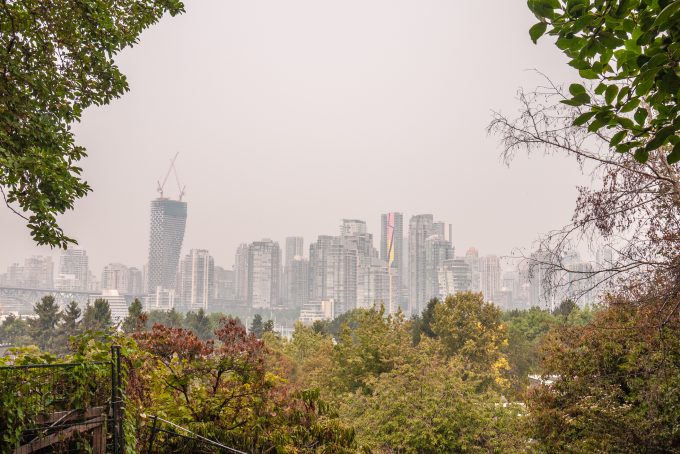Ocean freight hits the jackpot as cherries line up for a controlled modal switch
For a number of airlines, the cherry season marks a highlight on the calendar: over ...

Cherries are flying, but blueberries may not make it to the runway; animals are barred from lower decks, and truckers face detours to avoid warped roads.
The heatwave that has hit the Pacific north-west and western Canada has brought disruption to cargo.
This normally temperate region has been struggling as temperatures soar above the 40-degree celsius mark, with hundreds of deaths on both sides of the border.
Road surfaces have warped, and buckled in some places. A section of route 544 in Washington ...
Asia-USEC shippers to lose 42% capacity in a surge of blanked sailings
USTR fees will lead to 'complete destabilisation' of container shipping alliances
Outlook for container shipping 'more uncertain now than at the onset of Covid'
New USTR port fees threaten shipping and global supply chains, says Cosco
Transpac container service closures mount
DHL Express suspends non-de minimis B2C parcels to US consumers
Zim ordered to pay Samsung $3.7m for 'wrongful' D&D charges
Flexport lawsuit an 'undifferentiated mass of gibberish', claims Freightmate


Comment on this article